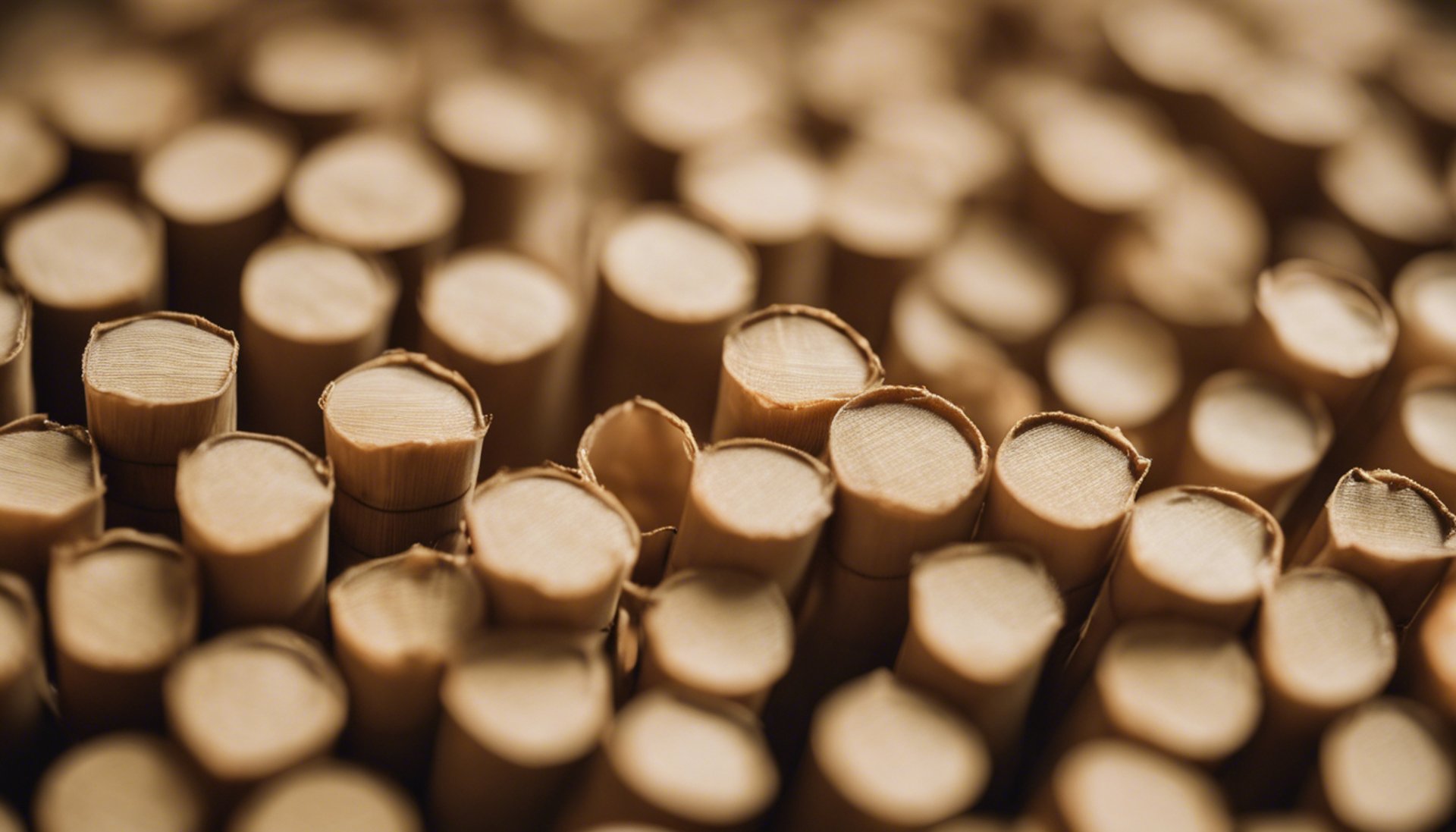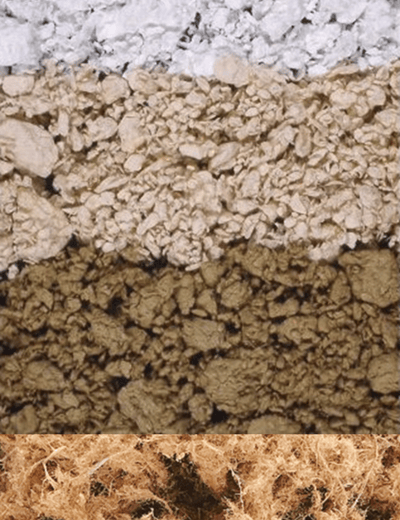
Pulp and Paper
Sustainable Bamboo
The production of pulp and paper fits into existing pulp and paper production chains. Indonesia ranks as the tenth largest global producer in the pulp industry, and the paper industry stands at sixth place. However, the challenge lies in the industry's innovation gap in adopting sustainable raw materials due to their limited availability. In contrast, wood pulp is a globally traded commodity product with abundant supply. Unfortunately, between 2015 and 2020, the rate of deforestation in globally was estimated at a staggering 10 million hectares per year (source: FAO). Therefore, The pulp and paper industry should explore alternative raw materials, particularly non-wood fibers sourced from annually abundant agricultural waste or consider wood replacements such as bamboo.
Bamboo pulp offers several advantages over wood pulp, making it a sustainable and environmentally-friendly alternative. Bamboo is highly renewable, characterized by rapid growth that allows for harvesting every year or even every few days through partial through regular harvesting. In contrast, trees take decades to mature. Bamboo cultivation also demands less water and fewer pesticides compared to traditional tree farming. Additionally, bamboo pulp is stronger and more durable, with longer and more robust fibers than wood pulp. This attribute makes bamboo pulp an ideal choice for products that require resilience, such as paper bags, corrugated cardboard, and molded pulp packaging. Notably, Indonesia currently import long fibers from pine trees, but bamboo offers a local and sustainable alternative. Moreover, bamboo pulp production uses less energy, resulting in a reduced carbon footprint compared to wood pulp.
Bamboo pulp can be produced using two primary methods: wet or chemical pulping and mechanical pulping. In chemical pulping, bamboo chips are subjected to a chemical cooking process within a digester. This method involves digesting bamboo chips with environmentally friendly chemicals and bleaching agents to produce white paper or tissues. Mechanical pulping generates pulp by grinding bamboo chips rather than subjecting them to a chemical cooking process.


Our Fight Against Deforestation!
The haunting reality emerges from the UN FAO's estimate that a staggering 10 million hectares of our precious forests are lost each year. It's a slow but relentless destruction, as these majestic woodlands, the lungs of our planet, are being relentlessly stripped away. The time has come for us to understand the seriousness of this situation, to realize that we are witnessing the silent destruction of these vital ecosystems. Our world is being robbed of its forest, its irreplaceable biodiversity, and the very essence of life.
The destruction is not just ecological; it's deeply personal and tangible. The effects of our actions are felt worldwide, as we face catastrophic floods, melting ice caps, forest fires, earthquakes, and even the emergence of new, deadly viruses. This is the price we pay for deforestation; we encroach upon nature's delicate balance, forcing wildlife to come closer to us, often bringing with them viruses that threaten human existence. We can no longer hide from the harsh reality that our very survival is intrinsically linked to the preservation of our environment. It's a dire call to action, a plea to protect what remains before it's too late.



